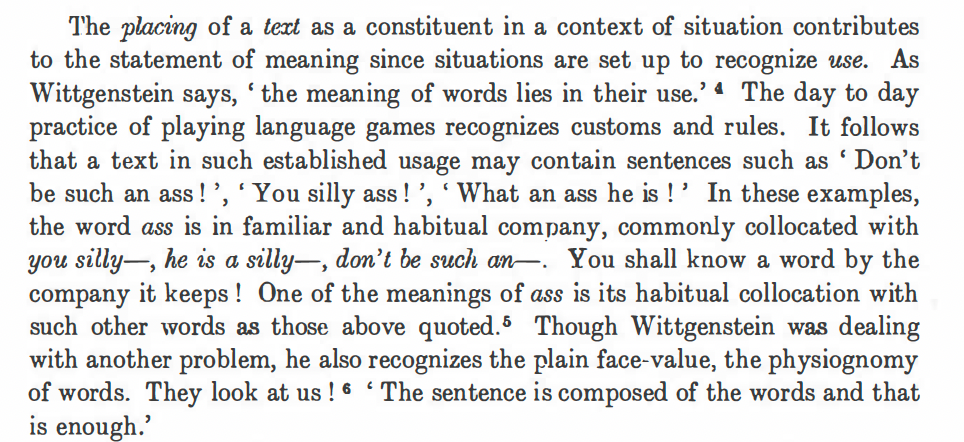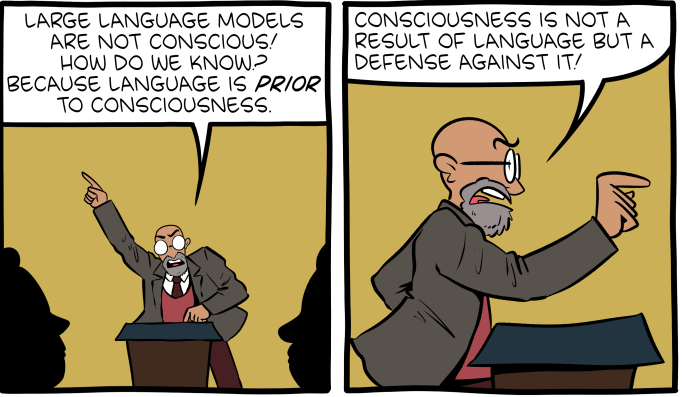Butter chicken
Who owns it?
It's sort of like who owns kimchee, Koreans (of course!) or Chinese — we've been through that many times — except that the question of who has the rights to claim they invented butter chicken is ostensibly internecine / intranational rather than international (but maybe not [see below]), as is the case with kimchee.
"India’s courts to rule on who invented butter chicken: Two Delhi restaurants both claim to have the right to call themselves the home of the original butter chicken recipe" by Hannah Ellis-Petersen, The Guardian (1/25/24)
Judging from the account in The Guardian, the squabbling between the two Delhi restaurants is both picayune and misplaced:
Read the rest of this entry »



